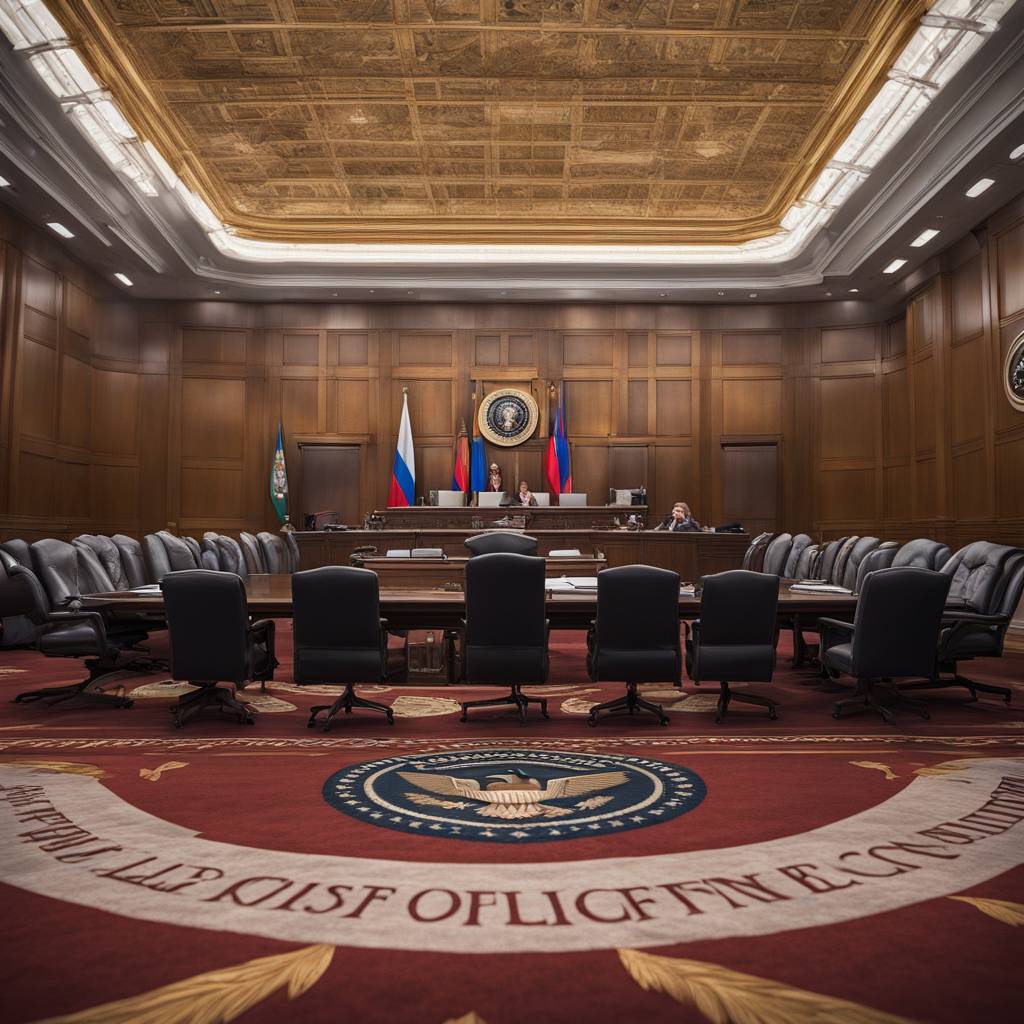House Intelligence Committee chair Mike Turner stated that Russian propaganda has made its way into Congress, with some Republican colleagues repeating false claims on the House floor. Turner expressed that the propaganda includes messages that are anti-Ukraine and pro-Russia, which are being echoed by some members of Congress. This comes after House Foreign Affairs chair Michael McCaul mentioned that Russian propaganda has influenced a significant portion of the GOP base, indicating a concerning trend within the party.
As an advocate for providing additional aid to Ukraine, Turner emphasized that some members of Congress continue to erroneously assert that the conflict between Russia and Ukraine is related to NATO, when in fact it is not. He highlighted the importance of recognizing the situation as a battle between authoritarianism and democracy, urging colleagues to be cautious of falling for misleading propaganda. The Senate recently passed a $95.3 billion foreign aid bill that included assistance for Ukraine and Israel, but House Speaker Mike Johnson hesitated to bring the package for a vote, leading to uncertainty in his leadership within the party.
Despite the internal challenges within the GOP, Turner reassured that Johnson is not at risk of being ousted by what he referred to as the “chaos caucus.” He pointed out that there are members of Congress who are seeking attention for themselves and obstructing critical legislative work, contributing to the political turmoil. Turner’s remarks shed light on the growing influence of Russian propaganda in American politics and the potential impact it can have on policy-making at the highest levels of government.
The revelation that Russian propaganda has infiltrated Congress raises concerns about the spread of misinformation within the political sphere and its implications for shaping national security decisions. As tensions escalate between Russia and Ukraine, it is crucial for lawmakers to be vigilant against foreign influence campaigns that seek to distort the reality of the conflict. Turner’s comments serve as a warning about the dangers of adopting false narratives and the importance of upholding democratic values amidst geopolitical challenges.
The ongoing debate over foreign aid for Ukraine reflects broader divisions within American politics, as partisan interests clash over policy priorities and strategic alliances. Turner’s push for additional assistance underscores the need for solidarity with Ukraine in the face of external threats and the importance of standing firm against authoritarian aggression. As the GOP grapples with internal turmoil and external pressures, the role of Congress in shaping US foreign policy remains a focal point of contention, with implications for global stability and regional security.
In conclusion, Turner’s concerns about the impact of Russian propaganda on Congress highlight the need for transparency, integrity, and bipartisan unity in confronting disinformation campaigns. By acknowledging the threat posed by foreign interference and working towards a common understanding of the challenges facing Ukraine, lawmakers can uphold democratic values and strengthen US alliances in the face of external threats. As the political landscape continues to evolve, addressing the influence of propaganda in shaping policy decisions will be essential in safeguarding national security and upholding America’s democratic principles.













